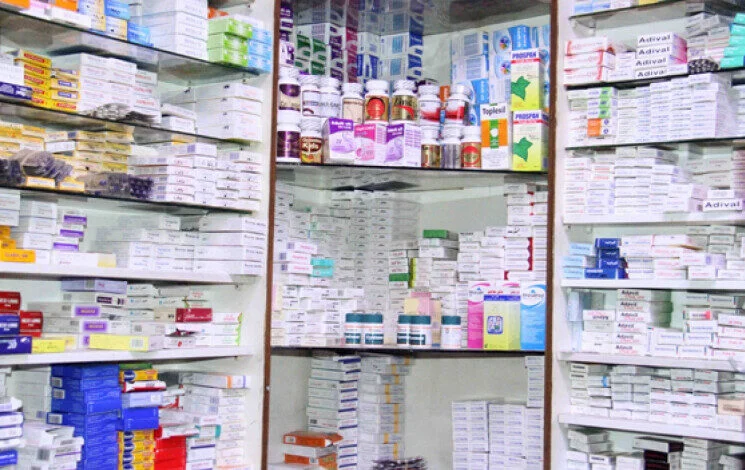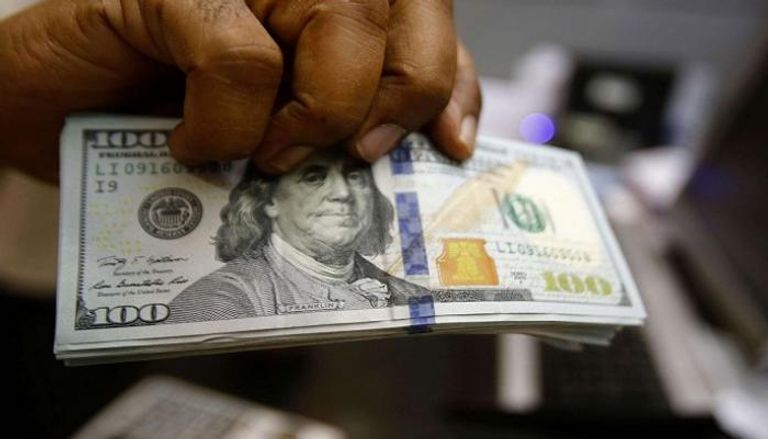### تهافت على الدواء خوفاً من انقطاعه: تجّار الأزمات والعدو في خندق واحد
دخل قطاع الدواء في لبنان مرحلة من القلق والتساؤلات حول مستقبله في ظل التوترات المستمرة، حيث يتساءل المواطنون عن مصير الأدوية في حال اتسعت الحرب الإسرائيلية لتصبح شاملة. يعاني هذا القطاع، سواء في زمن الحرب أو من دونه، من شح في الأدوية وارتفاع في الأسعار، بالإضافة إلى مشاكل التهريب والتزوير، مما ينعكس سلباً على صحة المواطنين.
تجربة المواطنين في الفترة ما بين 2021 و2022 لا تزال حاضرة في أذهانهم، نتيجة السياسات الخاطئة للدعم وعمليات الاحتكار والتهريب، مما أدى إلى تهديد صحة المرضى بسبب رحلات البحث عن الأدوية التي طالت حتى خارج البلاد.
ومع اقتراب شبح الحرب، يتهافت الناس على الصيدليات لتخزين الأدوية. وفي جولة لصحيفة «الديار» على عدة صيدليات، أكدت صيدلانية من جل الديب ارتفاع الطلب على أدوية القلب والضغط والسكري، حيث وصل الطلب إلى 5 أو 6 علب لكل شخص. وأشارت إلى أن المخزون لا يكفي لتلبية احتياجات المواطنين، ما قد يحرم بعضهم من الأدوية اللازمة.
على الجانب الآخر، أوضح صيدلي في زوق مصبح أن حالة التهويل لا تبرر هذا التهافت، إذ أن القدرة الشرائية للمواطنين لا تسمح لهم بتخزين الأدوية، في ظل الأزمات المتلاحقة منذ عام 2019، بما في ذلك الأزمة المالية، والفساد، وجائحة كوفيد-19، وانفجار مرفأ بيروت، بالإضافة إلى اللاجئين.
تعمل وزارة الصحة بجد لتفادي أي كارثة دوائية. فهي تستقبل يومياً مساعدات دوائية من المنظمات الدولية والدول الصديقة عبر جسر جوي، حيث يسعى وزير الصحة في حكومة تصريف الأعمال، الدكتور فراس الأبيض، إلى تأمين الأدوية التي تصل لمراكز الإيواء فقط.
أكّد نقيب مستوردي الأدوية وأصحاب المستودعات في لبنان أن الشركات لا تزال قادرة على تلبية حاجة السوق، طالما أن المرافئ الوطنية لا تواجه حصاراً. ومع ذلك، هناك صعوبات في استيراد الأدوية بسبب تحويل المطار للطائرات المدنية فقط.
يبقى السؤال: ماذا عن النازحين في الطرقات ومنازل الضيافة، أو حتى المواطن الذي بقي في بيته بعيداً عن المناطق الساخنة؟ مصدر في وزارة الصحة أكد أن المخزون العام من الأدوية المتاحة يكفي لـ 5 أشهر، مشيراً إلى أن الاتجار بصحة المرضى ممنوع، ولا داعي لإحداث أزمة غير مبررة في السوق.
مع هذه الظروف العصيبة، يواجه اللبنانيون شبح انقطاع الأدوية، حيث يبرز تجار الأزمات في كل حرب، محاولين استغلال حاجة الناس ببيع الأدوية بأسعار مرتفعة. الأزمات المستمرة منذ سنوات، سواء كانت اقتصادية أو سياسية، تركت آثارها على المواطن، ورغم أن المسؤولين يطمئنون، فإن التصعيد الإسرائيلي يستهدف الطواقم الطبية والمستشفيات، مما قد يؤدي إلى مزيد من الاعتداءات.
المصدر: ربى أبو فاضل – الديار
### Rush for Medicine Amid Fears of Shortages: Crisis Merchants and the Enemy in the Same Trenches
The pharmaceutical sector in Lebanon has entered a phase of anxiety and uncertainty regarding its future amid ongoing tensions. Citizens are questioning the fate of their medications should the Israeli war expand into a full-scale conflict. This sector suffers from a scarcity of drugs and rising prices, coupled with issues of smuggling and counterfeiting, all of which negatively impact citizens' health.
The experiences of citizens between 2021 and 2022 remain fresh in their memories due to misguided support policies, monopolistic practices, and smuggling, which have threatened patients' health and led to desperate searches for medication that extended even beyond the country’s borders.
As the specter of war looms, people are flocking to pharmacies to stock up on medicines. During a tour by *Al-Diyar* newspaper of several pharmacies, a pharmacist in Jal el-Dib noted a significant increase in demand for heart, blood pressure, diabetes, and anxiety medications, with requests reaching 5 or 6 boxes per person. She added that the existing stock is insufficient to meet citizens' needs, potentially leaving some without necessary medications.
Conversely, a pharmacist in Zouk Mosbeh stated that the current alarm does not justify the rush to buy medicines, emphasizing that most Lebanese cannot afford to stockpile them due to the ongoing crises that have been escalating since 2019. These crises include financial turmoil, corruption, mismanagement, the COVID-19 pandemic, and the Beirut port explosion, along with the influx of refugees.
The Ministry of Public Health is working diligently to avert any pharmaceutical disaster. Daily, it receives medical aid and supplies from international organizations and friendly countries via airlifts, with the Minister of Health in the caretaker government, Dr. Firas Abyad, striving to secure medications that are delivered exclusively to shelter centers.
The Lebanese Association of Pharmaceutical Importers (LPIA) has confirmed that importing companies can still meet market demands as long as national ports do not face a blockade. However, challenges persist in importing medications due to the airport's transition to solely handling civilian flights.
The pressing question remains: what about the displaced individuals in temporary shelters or those who stay home, away from conflict zones? A source from the Ministry of Health assured that the current pharmaceutical stock is sufficient for five months and emphasized that trading in patients' health is prohibited, calling for the avoidance of any unnecessary market crises.
In these challenging times, the Lebanese confront the looming threat of medication shortages, with crisis merchants emerging in every conflict. They exploit people's needs by selling medications at exorbitant prices. The recurring economic, political, and social crises over the years have left their mark on citizens, who feel abandoned to their fate. Although authorities attempt to reassure the public, the escalating Israeli attacks targeting medical teams and hospitals could result in further aggression.
Translated by economycsopes team
 سكوبات عالمية إقتصادية – EconomyScopes إجعل موقعنا خيارك ومصدرك الأنسب للأخبار الإقتصادية المحلية والعربية والعالمية على أنواعها بالإضافة الى نشر مجموعة لا بأس بها من فرص العمل في لبنان والشرق الأوسط والعالم
سكوبات عالمية إقتصادية – EconomyScopes إجعل موقعنا خيارك ومصدرك الأنسب للأخبار الإقتصادية المحلية والعربية والعالمية على أنواعها بالإضافة الى نشر مجموعة لا بأس بها من فرص العمل في لبنان والشرق الأوسط والعالم




